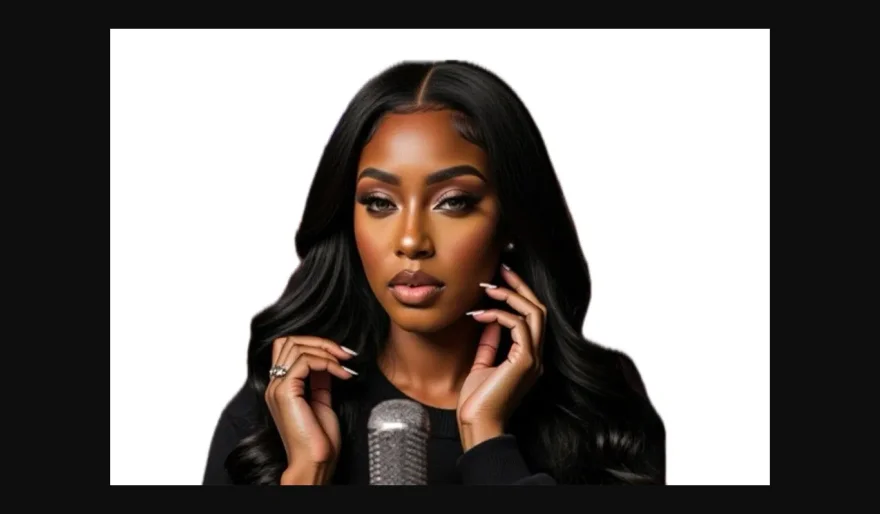Stay Ahead of the Curve
Latest AI news, expert analysis, bold opinions, and key trends — delivered to your inbox.
Xania Monet: The AI Artist Who Just Landed a $3M Record Deal
3 min read AI artist Xania Monet, created by Mississippi poet Telisha “Nikki” Jones with tools like Suno, just signed a $3M record deal with Hallwood Media. This isn’t a gimmick — it’s a signal that the music industry is ready to back AI-generated stars with real money. September 22, 2025 17:03
A milestone just hit the music industry: Xania Monet, an AI-created artist brought to life by Mississippi poet Telisha “Nikki” Jones with the help of tools like Suno, has signed a $3 million deal with Hallwood Media.
This isn’t a marketing stunt. Labels are now betting real money on virtual artists. And that’s a big deal because it pushes AI music out of the “experimental novelty” box and straight into the mainstream business of pop culture.
Why it matters: If audiences connect with AI artists, labels might see them as lower-risk investments — no egos, no touring fatigue, unlimited scalability. But it also raises a hard question: what makes someone an “artist” — the human voice and soul, or the creative vision behind the project?
Hot take — pros & cons:
-
The upside: democratization of music. Anyone with ideas and AI tools can create a “star.” It could open doors for poets, writers, and creatives who never fit the old industry mold.
-
The downside: authenticity. Music has always thrived on lived experience and performance. If fans feel disconnected from AI stars, these projects may burn bright and fade fast.
Big picture: Xania Monet’s deal might be remembered as the first time AI artists stopped knocking on the door — and actually walked into the music industry boardroom.



















 AI Agents
AI Agents